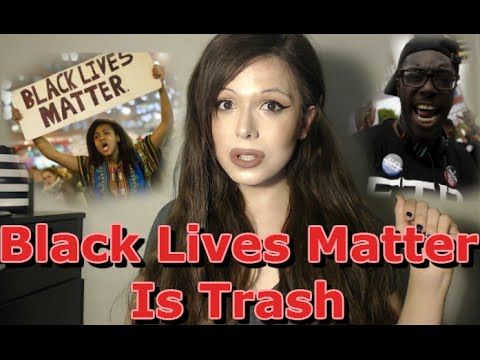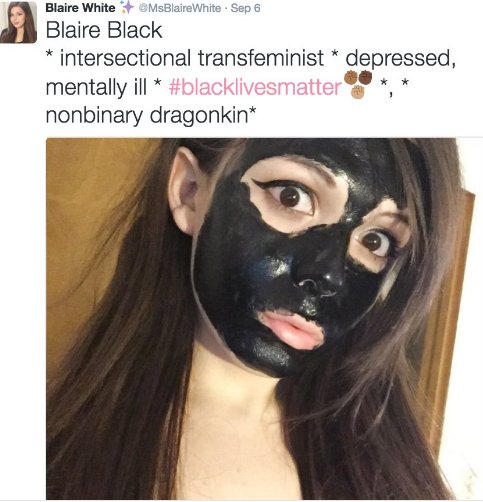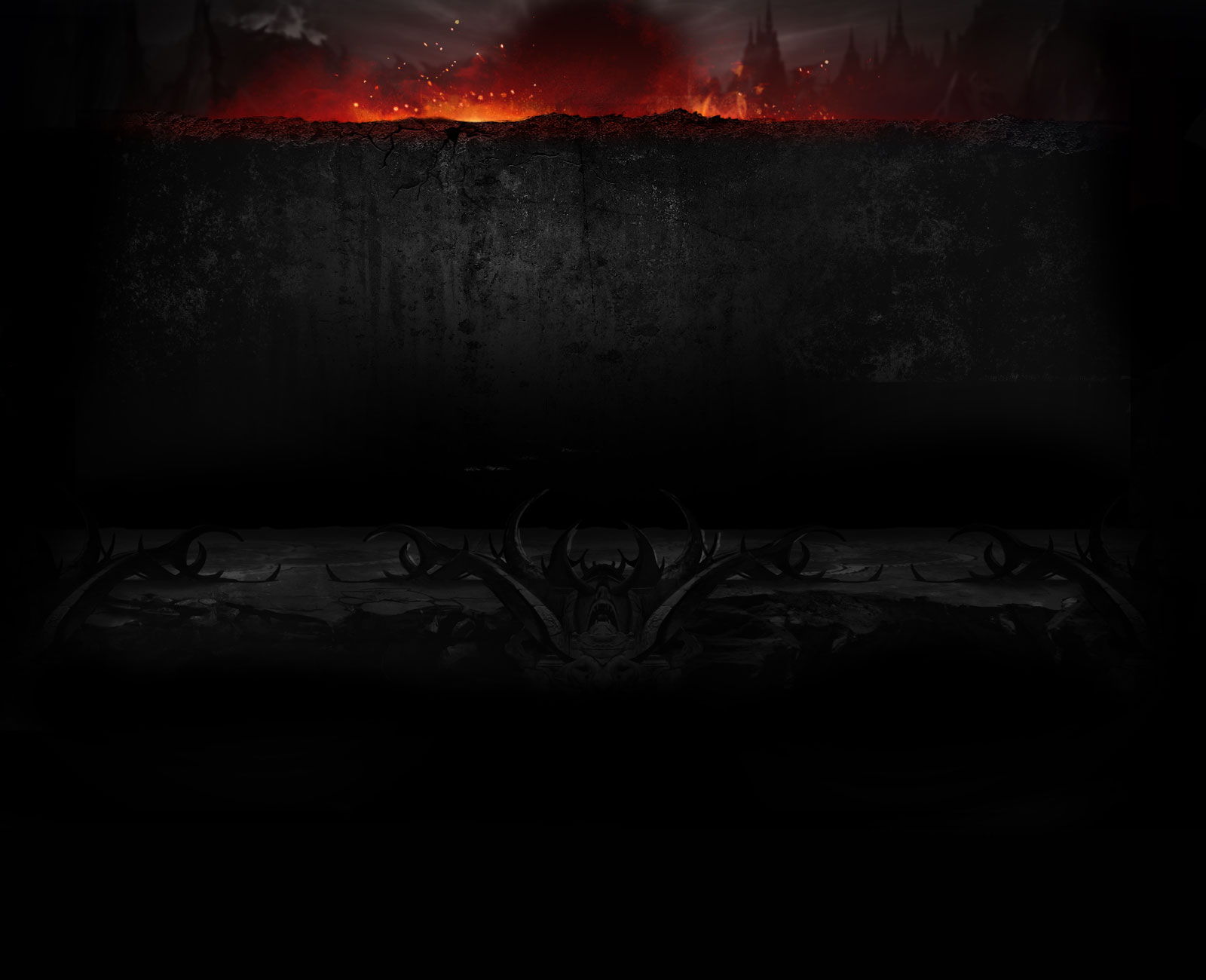Barely. "Favorable opinions of Black Lives Matter has dropped 9 points since June, to 52%", according to the article that you provided. When the public finds out that the Black Lives Matter movement wants to defund the police, a highly unpopular position,
including among African Americans, that number is going back to the 30s. When Al Sharpton labels you a "latte liberal" for calling to defund the police, you have stepped so far to the left that you are about to fall from the cliff.
I've seen this quote attributed to Sharpton, but the actual MSNBC interview he says “To take all policing off is something I think a latte liberal may go for as they sit around the Hamptons discussing this as some academic problem,” which would say that he disagrees with police abolition, a truly far-left position, and not necessarily defunding or the delineation of funds to other areas. He even said in the same interview that there is a need to "reimagine policing."
The problem, as always, is that the slogan is what is politicized, and not actual concrete policy, so saying the slogan will always net a worse response than a substantive question of policy, which is typically
far more supported. People's imaginations can run wild with "Defund the Police," but "Circumventing bloated police budgets to other areas and restricting armed police presence to violent crime" is understandable and more accepted.
It matters because fans prefer to watch sporting events. If they wanted to watch political messages, they would watch news outlets such as MSNBC, CNN, and Fox News.
This didn't answer the question. What is the substantive issue of professional sports having, say, a 15% drop in ratings? Professional sports have far too much money tied up in them to disappear over something that, even with a drop, is the highest rated thing on the network that night. Enough of the platitudes.
The point is, for being a part of the "anti-minority" party, he is getting some support from Blacks and Hispanics.
There will always be those who have politics that are more in line with one political mode of thought than the other. Abortion, Anti-Tax, etc. often break across racial barriers, for a variety of different reasons.
Aside from the overt racism, the modern Democratic party's consistent grip on the minority vote also has to do with the way the Black political class has molded itself after huge victories during the Civil Rights Movement in the 60's into pushing the seeming consensus of "The Black Vote," which has thoroughly depressed the political process into a matter not of substantive policy but race, particularly in the South, where civil rights were so desperately needed. Neither party will budge on actually improving the issues that most Black Americans identify with because they both are right-wing in nature and therefore purveyors of inequality, but the Democratic party of the 60's onward leaned more toward Third Way politics and wasn't the one openly courting the racists, so that's what people remember. See Adolph Reed, Jr. discussing this in terms of South Carolina politics
here. A tl;dr:
"For more than forty years neither Republicans nor Democrats have sought to address Americans' decreasing standard of living and increasing economic insecurity. Both parties have subordinated voters' concerns to the interests of Wall Street and corporations. Therefore, in states like South Carolina Democratic party politics is fundamentally transactional, where people are habituated to making electoral choices based on considerations like personal relationships or more local concerns that do not center so much on national policy issues. In effect politics—or at least electoral politics—has been redefined as not the appropriate domain for trying to pursue policies that address people's actual material concerns like health care, education, jobs and wages, or housing."











